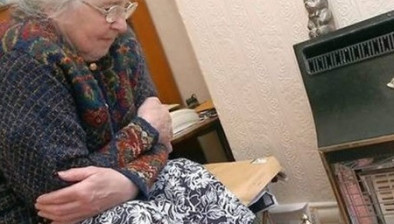Over 10,000 stuck on waiting lists amid social care crisis

Age Scotland has branded the escalating crisis in social care a “national scandal” as figures revealed over 10,000 people stuck on waiting lists.
Figures from Public Health Scotland found that 6,811 people are waiting to be assessed for social care at home, with a further 3,393 waiting for a care package to be delivered.
The overwhelming majority of those affected are older people in need of personal care, meal preparation and cleaning to allow them to live safely at home.
Scotland’s national charity for older people also warned that planned cuts to local authority social care budgets are likely to make the situation even worse in the coming months, with thousands of older people suffering distress and ill health because they are not receiving the care they are entitled to as reassessments are carried out and packages downgraded or stopped.
Katherine Crawford, chief executive of Age Scotland, said: “Social care is in a very precarious position. Need is rising, but as today’s figures show the service is struggling to deliver.
“Meanwhile local authorities are looking at potentially catastrophic cuts to social care budgets and barely a week goes by without the announcement of another care home closure in Scotland.
“The longer people wait for care, the more acute their needs can become. Distressing figures from last year showed that hundreds of people died while waiting for care packages to start.”
Ms Crawford continued: “For others, it is unsafe for them to be at home without the care they need, resulting in poorer health, increased hospital admissions and yet more pressure on the NHS as people are trapped in hospital.
“The crisis in social care in Scotland is fast becoming a national scandal.
“The time for political hand-wringing is over. The Scottish Government, councils and policy makers must come together to fix social care. Tweaks here and there just don’t cut it.
“Scotland needs big investment in services, staffing, and support for unpaid carers to make social care something the country can be proud of for older people now and generations to come.”








